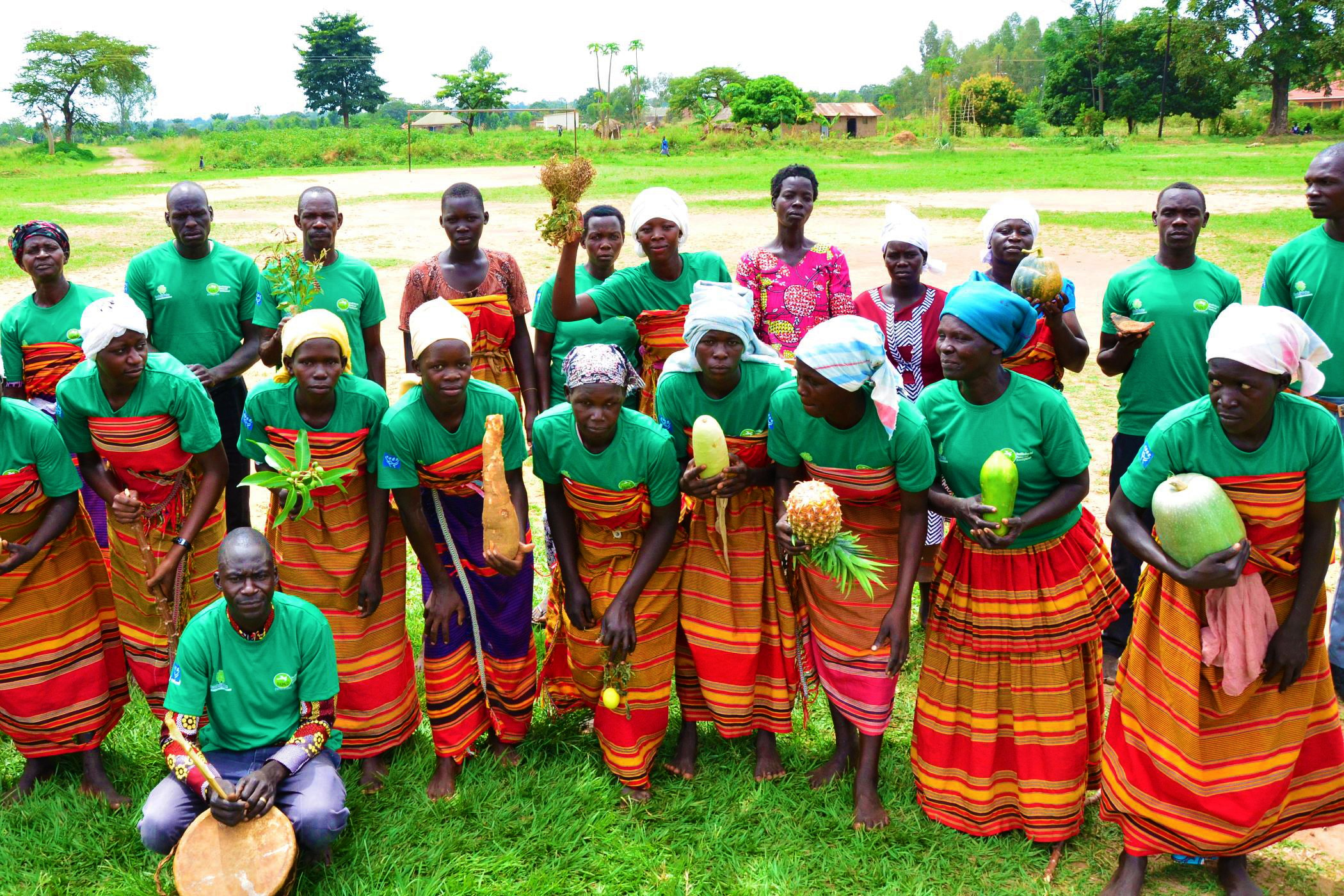Farmers demand seed banks to go indigenous

A woman in Mukongoro Sub-county in Kumi District hang her maize seeds on a palm tree for purposes of replanting next season. PHOTO | SIMON PETER EMWAMU
What you need to know:
- Mr Peter Okello, a farmer in Dokolo District, says the adoption of the new improved varieties of crops is the primary reason for the loss of indigenous varieties.
Farmers in Dokolo District have demanded that the government should establish seed banks across the country for the preservation and multiplication of indigenous seeds.
They say the prevalence of improved seeds, known as genetically modified organisms (GMOs), which are being promoted by the government and other organisations, has fuelled the disappearance and devaluation of indigenous seeds, thus causing food insecurity.
Mr Peter Okello, a farmer in Dokolo District, says the adoption of these new improved varieties of crops is the primary reason for the loss of indigenous varieties.
"Back then, we used to have local varieties of seeds and crops like cassava, and sweet potatoes, but these days, all these varieties are lost except those of improved seeds,’’ he said during the launch of "Keep Your Land, Keep Your Seed’’ event in Okwongdul Sub-county in Dokolo District at the weekend.
The event function was organised by the Land and Equity Movement in Uganda (LEMU) in partnership with other Non-Governmental Organisations working in the land and food sectors in Uganda.
Due to the lack of seed banks, Ms Okello said farmers are dependent on the market for seeds.
"The seed banks, once established, could serve as a crucial measure in combating overfishing and environmental degradation, thus safeguarding the livelihoods of farmers who have resorted to these major economic activities due to food insecurity caused by poor crop yields,’’ he added.
Sensitisation
Ms Anna Adongo, another farmer, said the government should not only establish seed banks, but also promote local seed production through massive mobilisation of farmers and training.
"We advocate for policies that recognise the value of indigenous breeds in biodiversity and cultural heritage,’’ she added.
Mr Jimmy Ochom, the land rights coordinator at Oxfam in Uganda, said: "We call upon the government to ensure National Agricultural Research Organisation and other agricultural institutions have community seed banks and at large, national seed banks."
Ms Naume Kabanda, the acting director of land management at the Lands ministry, bought the idea of establishing seed banks in the country.
“It is an interesting idea to have a seed bank where you keep those seeds which can be grown, because the modern seeds, which we call hybrid or improved seeds, cannot be regrown again. That means the farmer has to keep going back to the market to buy more seeds,” she said.
“So, a seed bank is a welcome idea. I think the Ministry of Agriculture, Animal Industry and Fisheries has been supplying seedlings for many crops, but they should look at, for example, a seed bank of local seeds and also a seed bank of these other varieties like beans and chicken."
Trainings
Mr Muhammad Lunyago from LEMU said on top of the government establishing community seed banks, civil society organisations should intensify knowledge transfer programmes on indigenous seeds.
"Reserve a piece of land in at least every parish to preserve, multiply, breed and distribute indigenous seeds, vegetables, grasses, animals and fruits. This would also be one of the best practices for preservation,’’ he added.



